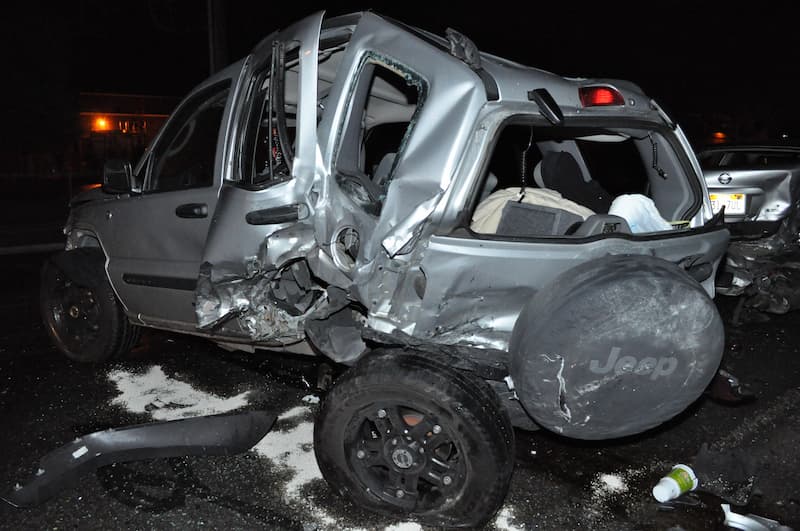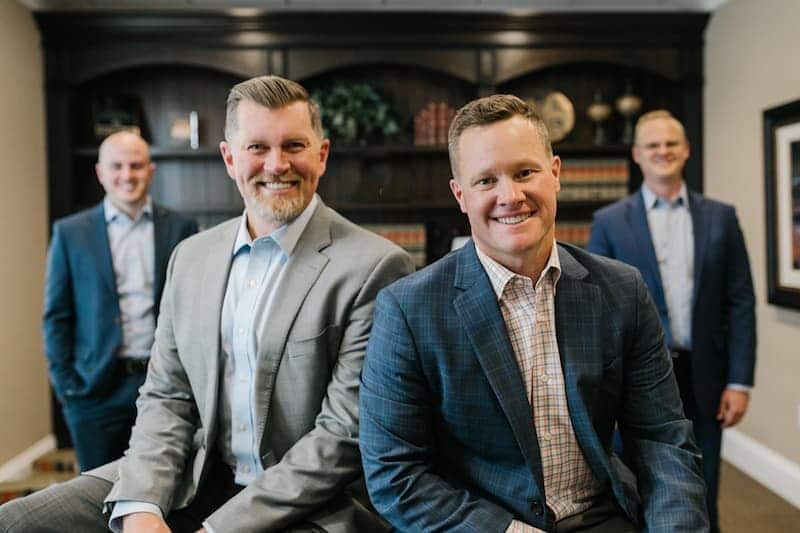Utah Wrongful Death Laws
Here at Good Guys Injury Law, we know that some of you have lost loved ones because of the poor actions of others. We offer our condolences and our best wishes. But we also want to offer you help. Utah wrongful death laws are here to help you.
We want to make sure that you not only understand your rights but also what will be expected of you as you pursue your case. While we cannot help with specifics regarding your case unless we have agreed to take it, we want to give you free information to help you avoid making any big mistakes in an already difficult time.
Table of Contents
What Is Legally Considered a “Wrongful Death?”
Utah law specifies that what is legally considered a wrongful death is a death caused by the “wrongful act or neglect of another.” The law says that a claim for compensation can be pursued in court by the deceased’s heirs against the party responsible (Utah Code 78B-3-105). Someone may pursue a wrongful death claim because of:
- medical malpractice (Utah Code 78B-3-403)
- illegal drugs (Utah Code 78B-3-801)
- auto accidents
- work-related accidents
- faulty products
- illegal exposure to dangerous materials

Who Can Pursue a Wrongful Death Claim?
A wrongful death lawsuit can only be pursued by legal heirs. Only one claim can be filed on behalf of all heirs (Utah Code 78B-3-106.5). Utah defines heirs as all immediate, surviving family members; this includes:
- Spouse;
- Natural or adopted children;
- Natural or adoptive parents; and
- Stepchildren who are under 18 years old and financially dependent upon the deceased person (Utah Code 78B-3-105).
Without any of these surviving relatives, then heirs include any blood relatives. The person who leads the suit is the “presumptive personal representative,” which falls upon a:
- Spouse;
- Adult Child; or
- Parent (Utah Code 78B-3-106.5).
The “presumptive personal representative” starts with the spouse but can move down that list as each person is disqualified by being nonexistent, incapacitated, or allegedly responsible for the death of the deceased individual. The family can also choose their own personal representative. A guardian of the deceased person may pursue a claim, but only for the benefit of the heirs, not for their personal benefit (Moreno v. Board of Education). Also, parents may pursue a claim on behalf of their unborn child (Carranza v. United States).
What Time Limits Should I Know Regarding Wrongful Death Claims?
The heirs must file the wrongful death claim within two years of the death (Utah Code 78B-2-304) or one year if they file against the government (Utah Code 63G-7-402). Each case is different, but all have a limitation on how long the family has to file a claim against the wrongdoer (Jensen v. IHC Hospitals).
The representative must wait 45 days until they can present a claim by affidavit to the insurance company for “up to $25,000 for liability and uninsured motorist (UM) claims and $10,000 for underinsured motorist (UIM) claims.” However, claims for personal injury protection (PIP) benefits do not have to wait 45 days. Pursuing a wrongful death case does not affect any other case an heir might have on their own behalf against the wrongdoer (Utah Code 78B-3-106.5).
If either the person injured or the person responsible for the injury dies before the settlement of any claims, the case does not die. It continues with representatives of the deceased person. They can also pursue damages for personal injury to the deceased before the death. The heirs can then pursue damages against the wrongdoer for the injuries sustained before death (Utah Code 78B-3-107).
However, if the injured person dies six months after the accident, then the heirs can only seek payment for damages indirectly and uniquely caused by the accident, not directly, unless they have given written notice before the six months elapses. Further, if before the injured person dies, they had settled a claim or failed to file it before the statute of limitations passed, then the heirs cannot file a wrongful death claim unless certain exceptions apply (see Jensen v. IHC Hospitals & Bybee v. Abdulla).
What Specifics Should I Know About How a Wrongful Death Case Is Handled?
You should know that wrongful death case handling requires the presentation of evidence and following proper legal procedure. There must be more evidence than the testimony of the injured person prior to his or her death (Utah Code 78B-3-107). Typically, there are four things that the heirs must prove:
- the death of their loved one,
- a ‘wrongful act, neglect or default of the defendant’ that caused the deceased’s death,
- the survival of heirs and the appointment of a personal representative for the deceased,
- damages.
Damages awarded to the heirs are based on several factors about the deceased:
- Age
- Health
- Expectation of life
- Employment
- Business capacity
- Habits
- Experience
- Ability and disposition to earn money
The court will not consider emotional grief or sorrow.
